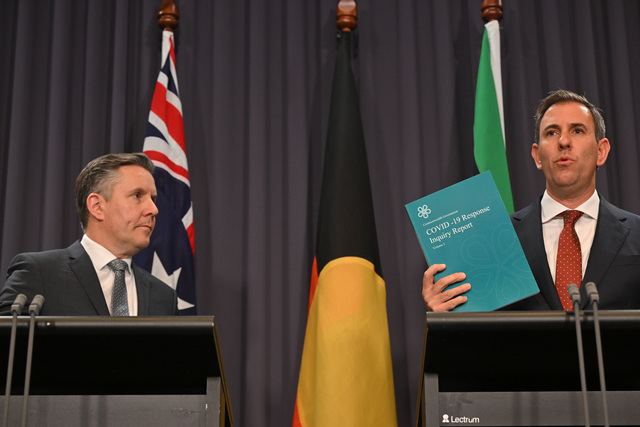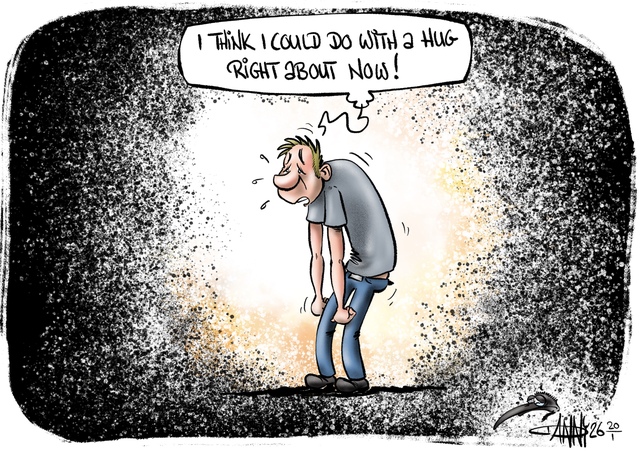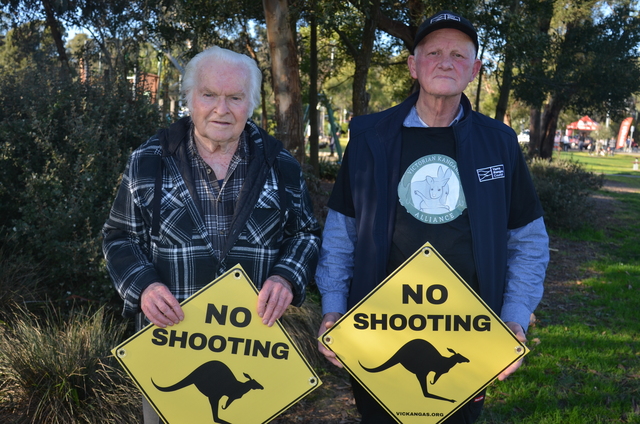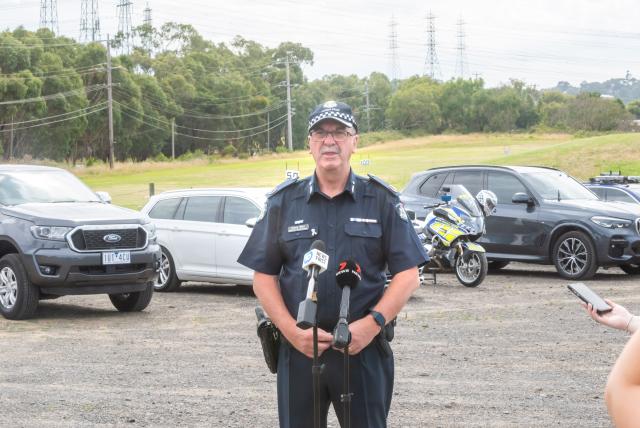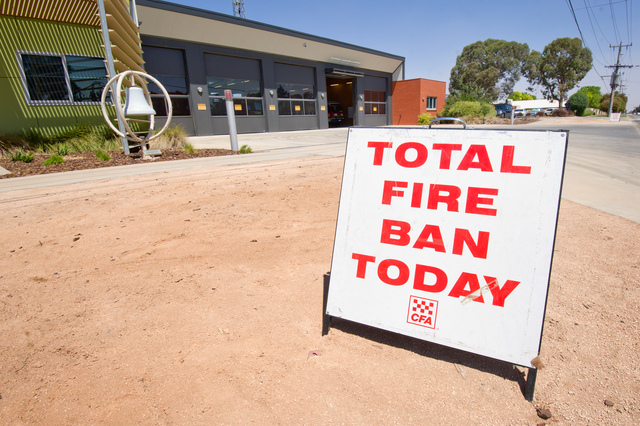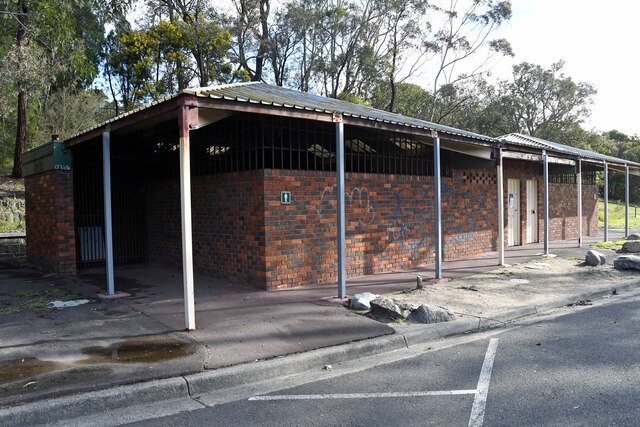Australia is less prepared for a pandemic than it was in 2020.
Covid-19 exhausted the nation’s healthcare systems, public service and economy and the federal government will spend $251 million to establish a national Centre for Disease Control to prepare for future pandemics.
This will fulfil a key recommendation of a 670-page report on Australia’s Covid-19 response.
Pandemic plans in 2020 were “grossly inadequate” for the challenges of Covid-19, Health Minister Mark Butler said.
“We are arguably worse placed as a country to deal with a pandemic than we were in early 2020,” he told reporters in Canberra on Tuesday.
Australia fared better than other countries when considering its mortality rate and economic recovery, the review found.
But the pandemic response took a severe toll on the nation.
“People worked beyond normal limits and many of the public health professionals, frontline community service and health staff, political leaders, health experts and public servants we relied on to get through the pandemic are no longer in their positions,” the report read.
“This poses risks to our resilience to face another crisis.”
Part of the reason Australia was able to respond fairly quickly and successfully was a willingness among people to put the community ahead of their own self-interest.
But over time, the strain of the pandemic and absence of clear communication about why unpopular decisions were being made caused that community spirit to wane.
“Trust has also been eroded, and many of the measures taken during COVID-19 are unlikely to be accepted by the population again,” the report read.
“That means there is a job to be done to rebuild trust, and we must plan a response based on the Australia we are today, not the Australia we were before the pandemic.”
Frustrations built up in the community as people questioned why Australia differed from the rest of the world in responses such as lockdowns and were not given clear, evidence-based reasoning.
“(A) lack of transparency around the rationale and the evidence behind decisions that were taken by governments … had such a profound impact on the lives of Australians and the freedom of Australians,” Mr Butler said.
Work on the Centre for Disease Control, which will be headquartered in Canberra, will begin from January 2026.
Consequences of economic decisions during the pandemic, such as JobKeeper, were still being felt, Treasurer Jim Chalmers said.
“The lack of planning, the delayed rollout, and the design choices of JobKeeper exacerbated skill shortages and inflationary pressures in our economy,” he said.
The review recommended taking a holistic approach to pandemic management that considers economic, social and equity, as well as health impacts.
It found vaccine mandates were effective at controlling the spread of the virus, but had contributed to a reluctance among some people to get vaccinated since.
School closures – which were not recommended by health experts – caused long-term harm to children, given the inadequacy of replacement measures designed on the fly, with many schools unprepared to deliver remote learning.
The Covid-19 report has been welcomed by health bodies, but the Australian Medical Association warns the nation must act now.
“The next pandemic could be just around the corner and without a fully functioning CDC, Australia’s response would be stymied, with potentially disastrous consequences for Australians,” president Danielle McMullen said.

